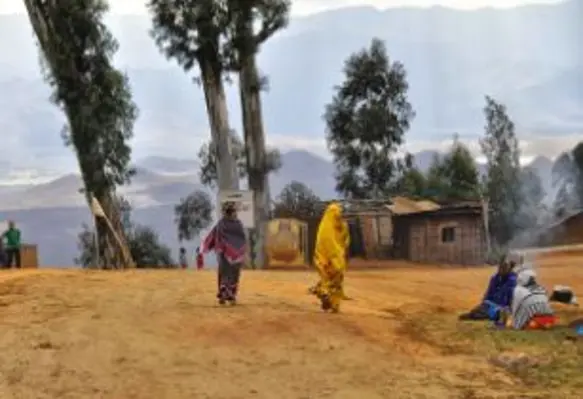World Telecom Labs (WTL) has been appointed by Amotel to bring voice and data connectivity to remote rural villages close to Lake Tanganyika in Katavi, Tanzania
Services will be established later in other villages in Kigoma, Njombe and Kilimanjaro.
In June 2015 Amotel became the first licensed mobile virtual network operator (MVNO) in Tanzania. The company has since entered a business agreement to operate as an MVNO through national telco Tanzania Telecommunications Company Limited (TTCL). Amotel will now deploy WTL’s new Vivada (Village Voice and Data) system to build low OPEX, low CAPEX networks in three villages that are not currently covered by any kind of network, as part of a proof of concept project with finance from the Universal Communications Service Access Fund (UCSAF).
Professor Robert Mabele, board chairman of Mkulima African Telecom Company Limited (MTC-Amotel), said, “We know that connectivity in rural areas leads to economic development and improvements in the quality of life. Amotel is a company which takes its responsibilities very seriously and we are determined to make a difference. We evaluated a number of rural systems and WTL’s Vivada was consistently top across our scoring criteria. The build has already started and we are extremely impressed with the experience and enthusiasm of the WTL team.”
Delivering voice and data to villages
Vivada provides everything an operator needs to deploy cost-effective and sustainable GSM and data networks in rural areas. It runs on less than 200W which can be supplied by solar with battery back-up.
Vivada recognises that multiple revenue streams will ensure a sustainable business model. It can deliver services to all types of pre and post-paid customers with varying telecoms budgets including GSM for every type of handset; WiFi connectivity for smartphones, tablets, laptops and PCs – and connectivity to cybercafés and hotspot call cabins.
Vivada includes a micro GSM base station, WiFi routers and modems, backhaul integration, billing software, VoIP switches and an SMS server.
Traffic from the village is validated by WTL’s real-time charging system and voice calls are then converted into VoIP and compressed using WTL’s award-winning VoIP SBC which uses patented technology to minimise the amount of backhaul bandwidth required. Calls are transferred to a hub in Dar es Salaam where a WTL switch routes it onwards.
WTL managing director Leigh Smith said, “We are well-established in Africa as an innovative technology company which understands the market and can customise its offering. The challenges in building and maintaining networks in rural areas are well-documented and haven’t changed much over the years. Our rural offering has been developed with these challenges in mind and is proving to be very attractive to operators who are looking for reliable ways to deploy low-CAPEX, low-OPEX networks in rural areas.”






















